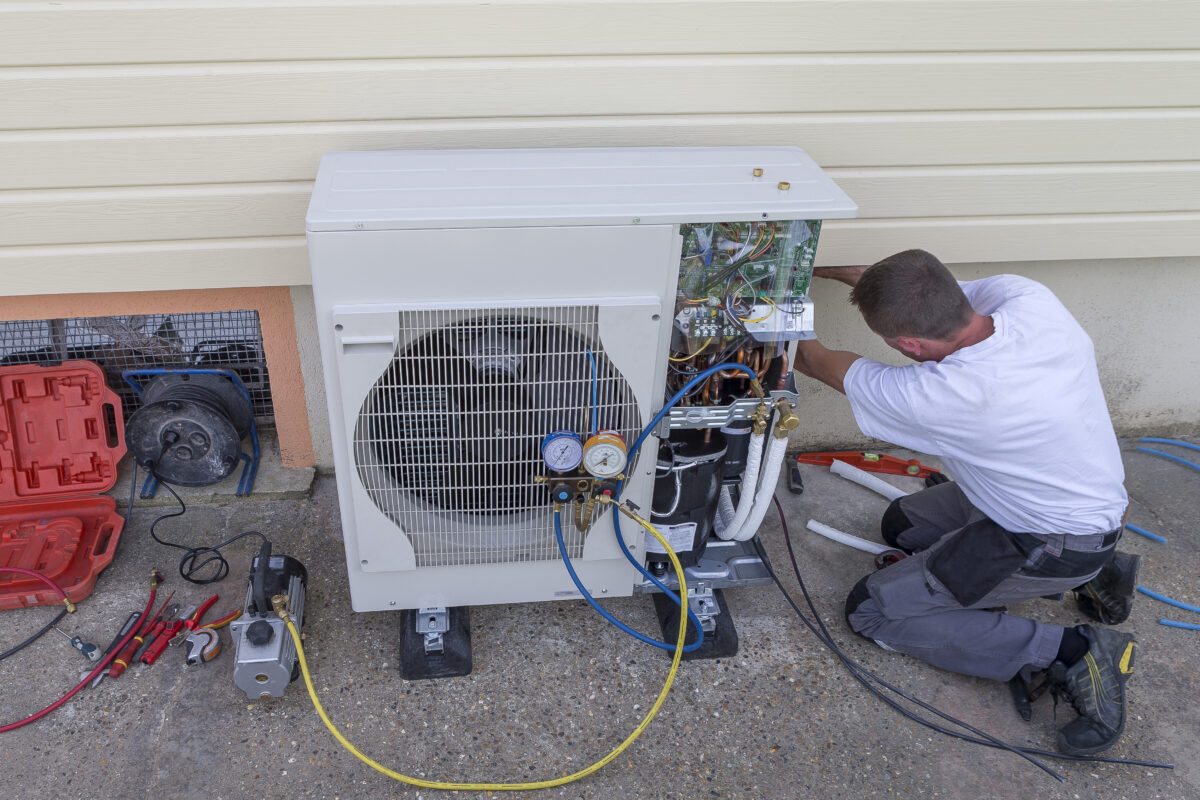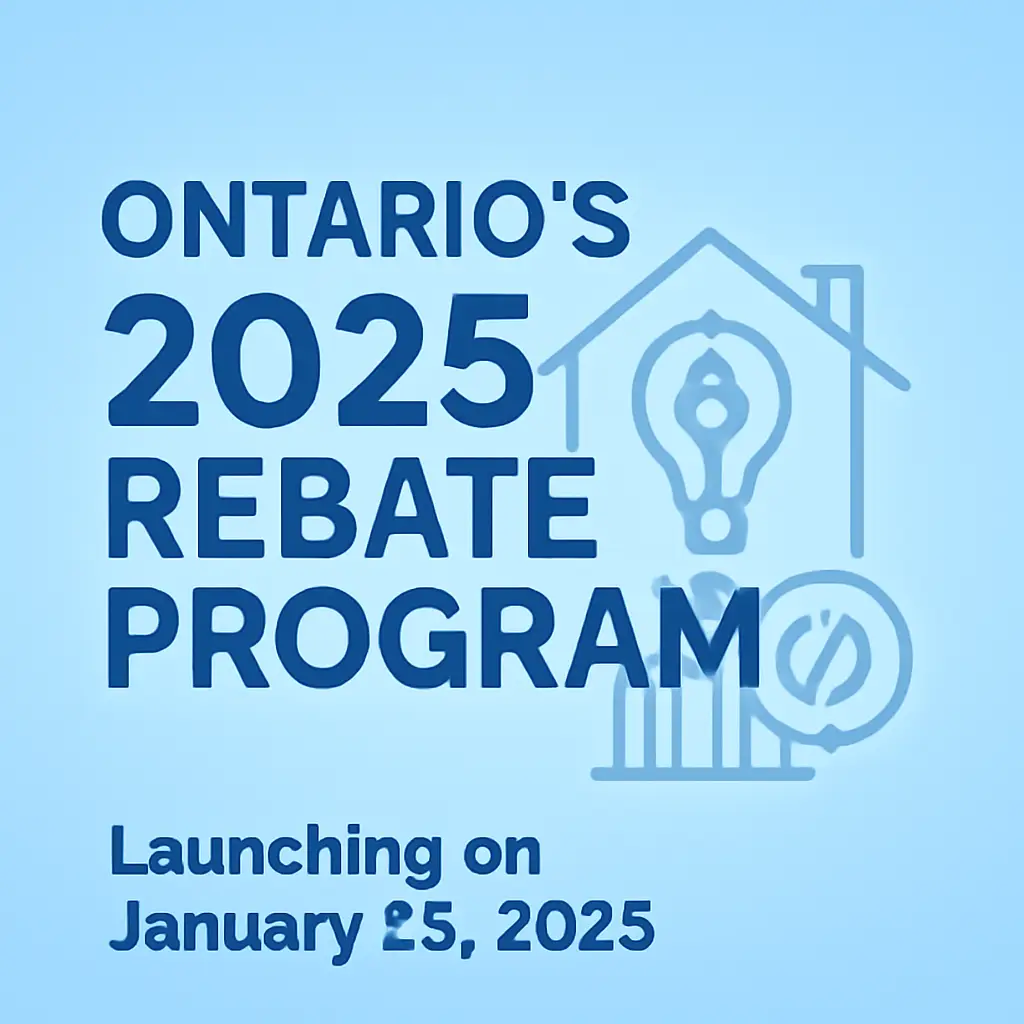Heat pumps are like the unsung heroes of home comfort, quietly working to keep your space cozy in winter and cool in summer. But, like any hardworking machine, they can hit a few snags. Ever wondered why your heat pump is acting up? From strange noises to weak airflow, I’ve got you covered with the most common heat pump problems and practical fixes to get things back on track. Let’s dive into the nitty-gritty and troubleshoot these issues together.
Signs Your Heat Pump Might Have a Problem
Before diving into specific issues, how do you know your heat pump is struggling? It’s like your car giving you warning signs before it breaks down—pay attention to the clues. Here are some red flags that your heat pump needs help:
-
Unusual Noises: Grinding, squealing, or rattling sounds aren’t normal. They could signal loose parts or failing components.
-
Inconsistent Temperatures: If some rooms are too hot or too cold, your heat pump might not be distributing air properly.
-
Higher Energy Bills: A sudden spike in your utility bill could mean your heat pump is working harder than it should.
-
Frequent Cycling: If the unit turns on and off too often, it might be struggling to maintain the set temperature.
-
Ice or Frost Build-Up: Ice on the outdoor unit, even in winter, is a sign something’s wrong.
Spotting these signs early can save you from costly repairs. Let’s explore the specific problems and their fixes.
1. Heat Pump Not Turning On
Picture this: it’s freezing outside, and your heat pump refuses to kick on. Frustrating, right? When your heat pump won’t start, it’s like a car that won’t turn over—something’s stopping the engine.
1.1 Check the Power Supply
First things first, ensure the unit is getting power. A tripped circuit breaker or a blown fuse could be the culprit. Head to your electrical panel and check if the breaker for the heat pump is in the “on” position. If it’s tripped, reset it. If it keeps tripping, you might have a deeper electrical issue, so call a professional.
1.2 Inspect the Thermostat
Your thermostat is the brain of the operation. If it’s set incorrectly or the batteries are dead, your heat pump might just be sitting idle. Double-check that the thermostat is set to “heat” or “cool” mode, depending on your needs. If it’s a smart thermostat, ensure it’s connected to Wi-Fi and functioning properly.
1.3 Look for Obvious Issues
Sometimes, the fix is simple. Is the unit’s power switch turned off? Are there any loose wires or a disconnected outdoor unit? A quick visual inspection can save you a service call. If everything looks fine but the pump still won’t budge, it’s time to call an HVAC technician to diagnose potential compressor or capacitor issues.
Need a Reliable HVAC Contractor? Ontario Air Services has you covered. Call us today for expert heating and cooling solutions
2. Heat Pump Not Heating or Cooling Properly
If your heat pump is running but your home feels like a sauna in winter or an igloo in summer, something’s off. It’s like trying to sip a milkshake through a clogged straw—there’s effort, but no results.
2.1 Dirty Air Filters
Clogged air filters are the number one cause of poor performance. When filters are dirty, airflow is restricted, forcing your heat pump to work harder. Check your filters monthly and replace them every 1-3 months. A clean filter is like giving your heat pump a fresh set of lungs.
2.2 Low Refrigerant Levels
Heat pumps rely on refrigerant to transfer heat. If there’s a leak, your system can’t do its job effectively. Signs of low refrigerant include weak heating or cooling and hissing noises. Only a licensed technician can handle refrigerant issues, so don’t try to DIY this one—call a pro to check for leaks and recharge the system.
2.3 Outdoor Unit Issues
The outdoor unit can get blocked by debris like leaves, dirt, or snow, reducing efficiency. Clear away any obstructions and ensure there’s at least two feet of clearance around the unit. If the coils are dirty, a technician may need to clean them to restore performance.
3. Strange Noises Coming from the Heat Pump
Is your heat pump making noises that sound like a horror movie soundtrack? Grinding, squealing, or banging sounds aren’t just annoying—they’re a cry for help.
3.1 Identify the Noise
Different noises point to different problems. A rattling sound might mean loose parts, while grinding could indicate a failing motor. Squealing often signals a worn-out belt or bearing. Listen closely to pinpoint the issue.
3.2 Tighten Loose Components
If you hear rattling, check for loose screws or panels on the unit. Tightening them with a screwdriver might solve the problem. For indoor units, ensure the blower assembly is secure.
3.3 Call for Professional Help
Persistent or loud noises like grinding or banging often mean serious issues, such as a failing compressor or motor. Don’t wait—schedule a service call to prevent further damage. It’s like taking your car to the mechanic when the engine starts knocking.
4. Heat Pump Running Constantly
Does your heat pump seem to be working overtime? A unit that never shuts off is like a marathon runner who forgot the finish line—it’s burning out fast.
4.1 Incorrect Thermostat Settings
Check your thermostat’s settings. If it’s set too high in heating mode or too low in cooling mode, the heat pump will run endlessly to reach an unattainable temperature. Adjust it to a reasonable setting and see if the system cycles properly.
4.2 Undersized Unit
If your heat pump is too small for your home, it’ll struggle to keep up. This is common in older systems or homes that have been expanded. A professional can assess whether your unit is appropriately sized and recommend upgrades if needed.
4.3 Dirty Coils or Filters
As mentioned earlier, dirty coils or filters reduce efficiency, forcing the system to run longer. Regular maintenance, like cleaning coils and replacing filters, can prevent this issue and save you money on energy bills.
5. Ice Build-Up on the Heat Pump
Seeing ice on your heat pump in winter? It’s not a holiday decoration—it’s a problem. Ice build-up prevents proper heat exchange, like a blanket smothering your system’s ability to breathe.
5.1 Defrost Cycle Issues
Most heat pumps have a defrost cycle to melt ice. If it’s not working, the unit might be stuck in cooling mode, or the defrost sensor could be faulty. A technician can test and repair the defrost mechanism.
5.2 Poor Airflow
Restricted airflow from dirty filters or blocked coils can cause the unit to freeze. Check and replace filters, and ensure the outdoor unit is clear of debris. If the problem persists, low refrigerant or a failing fan motor could be to blame.
5.3 When to Call a Pro
If ice keeps forming despite your efforts, don’t chip away at it—that could damage the coils. Call an HVAC expert to diagnose and fix the root cause, ensuring your heat pump runs smoothly.
Conclusion
Heat pumps are fantastic for keeping your home comfortable, but they’re not immune to problems. From power issues to strange noises and ice build-up, most common heat pump problems have straightforward fixes if you catch them early. Regular maintenance, like cleaning filters and clearing debris, can prevent many of these headaches. For trickier issues like refrigerant leaks or compressor failures, don’t hesitate to call a professional. By staying proactive, you’ll keep your heat pump running like a well-oiled machine, saving you money and stress in the long run. Got a heat pump issue? Tackle it now before it becomes a bigger problem!
FAQs
- How often should I replace my heat pump’s air filter?
Replace your air filter every 1-3 months, depending on usage and indoor air quality. Check it monthly to ensure it’s not clogged. - Why is my heat pump blowing cold air in heating mode?
This could be due to low refrigerant, a faulty thermostat, or a problem with the reversing valve. A technician can diagnose the issue. - Can I fix a refrigerant leak myself?
No, handling refrigerant requires special certification due to environmental regulations. Always hire a licensed HVAC professional. - How do I know if my heat pump is undersized?
If it runs constantly but can’t maintain the desired temperature, it might be too small for your home. A professional can perform a load calculation to confirm. - What’s the average lifespan of a heat pump?
With proper maintenance, a heat pump typically lasts 10-15 years. Regular servicing can extend its life.




